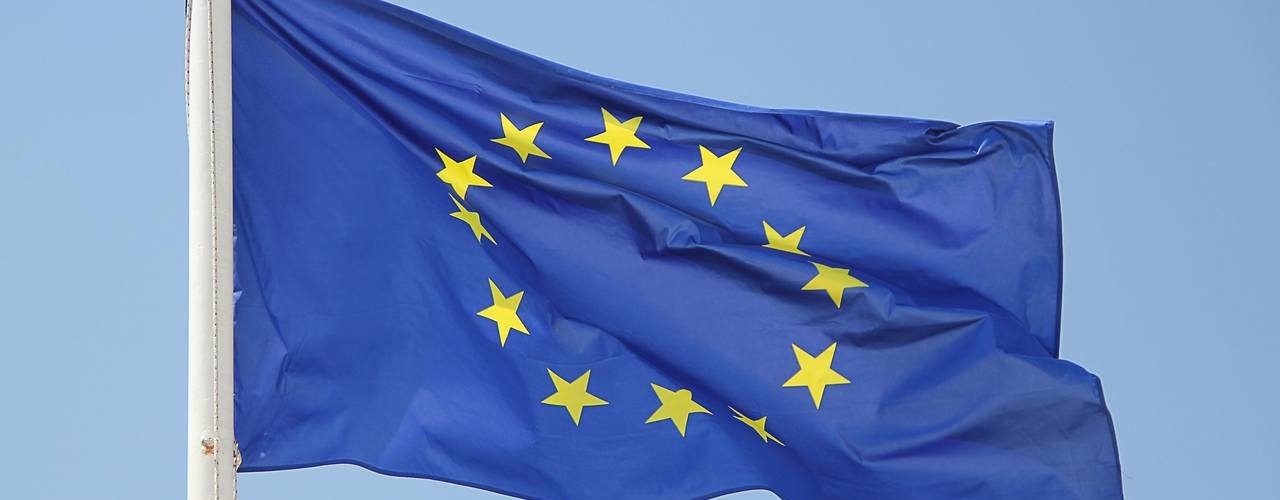VAT rules for small enterprises – SME scheme
- VAT Exemption for Small Enterprises: Starting January 1, 2025, small enterprises can sell goods and services without charging VAT, easing compliance obligations but losing the right to deduct VAT on exempt supplies.
- Eligibility Criteria: Small enterprises with an annual turnover of up to EUR 100,000 can benefit from VAT exemption, provided their Member State has implemented the scheme. Non-EU enterprises, including those from the UK, are ineligible.
- New National Threshold: The maximum national annual threshold for VAT exemption under the SME scheme is set at EUR 85,000, with Member States allowed to establish sectoral thresholds for specific industries.
- Cross-Border VAT Exemption: Small enterprises can also exempt their supplies when operating cross-border within the EU, ensuring equal treatment regardless of their establishment location, as long as they meet turnover requirements.
- Simplified Compliance Process: Small enterprises will only need to register once for the SME scheme and will submit a single quarterly report instead of multiple VAT returns, streamlining their administrative tasks.
- Purpose and Scope: The Explanatory Notes provide practical guidance on the application of the EU VAT legislation, specifically focusing on the special scheme for small enterprises (SME scheme) as updated by Council Directive (EU) 2020/285 and Commission Implementing Regulation (EU) 2021/2007. These notes are not legally binding and aim to clarify the new rules effective from January 1, 2025.
- SME Scheme Overview: The SME scheme allows small enterprises to sell goods and services without charging VAT, simplifying compliance and invoicing obligations. This scheme is optional, and small enterprises can choose to apply it if they meet the conditions or stick to the standard VAT rules.
- Eligibility and Application: To be eligible for the cross-border SME scheme, a small enterprise must have a Union annual turnover not exceeding EUR 100,000 and must not exceed the national annual threshold in any Member State where it wants to apply the scheme. The enterprise must submit a prior notification in its Member State of establishment to request access to the scheme.
- Compliance Obligations: Small enterprises applying the SME scheme must submit quarterly reports in their Member State of establishment, detailing their turnover in all Member States. They may also be required to issue simplified invoices and fulfill other administrative obligations as specified by the Member States.
- Interaction with Other Schemes: The SME scheme can coexist with the One Stop Shop (OSS) scheme but not with the Import One Stop Shop (IOSS). Small enterprises can apply the SME scheme in some Member States and the OSS scheme in others, but they cannot use both schemes simultaneously in the same jurisdiction.
- Purpose and Scope: The guide provides practical and informal guidance on the application of the EU’s special VAT scheme for small enterprises (SME scheme) effective from January 1, 2025. It is intended to help small enterprises understand and apply the new rules.
- Eligibility and Application: The SME scheme allows small enterprises with an annual turnover below certain thresholds to benefit from VAT exemptions. It applies both domestically within a Member State and cross-border within the EU, provided specific conditions are met.
- Registration and Reporting: Small enterprises must submit a prior notification to their Member State of establishment to apply the SME scheme. They must also submit quarterly reports detailing their turnover in all Member States where they operate under the scheme.
- Formal Obligations and Exemptions: Enterprises benefiting from the SME scheme may be exempt from several VAT obligations, such as issuing invoices and submitting VAT returns, depending on the Member State’s regulations. However, they cannot deduct input VAT on purchases related to exempt supplies.
- Cessation and Exclusion: Enterprises can voluntarily leave the SME scheme or be excluded if they exceed turnover thresholds or fail to meet other conditions. Exclusion results in a quarantine period during which they cannot reapply for the scheme.
Sources














